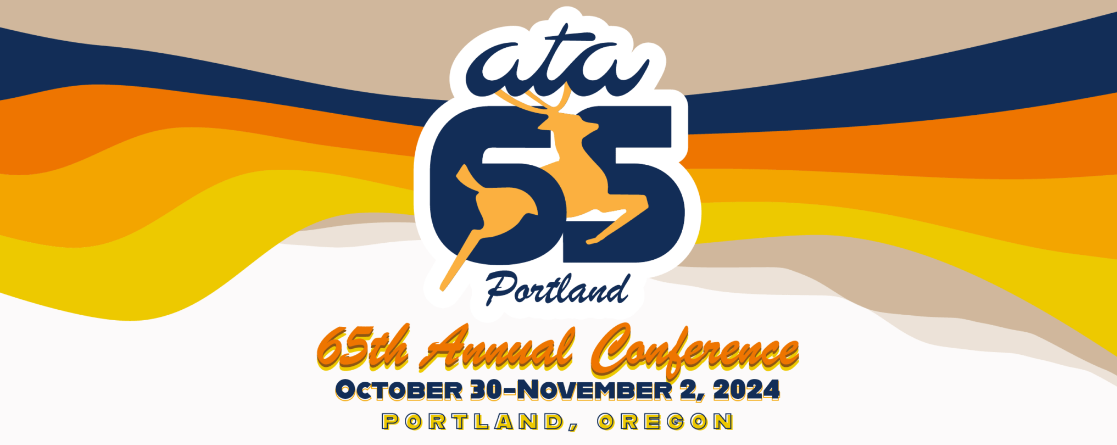 Speaker: Kazumasa Aoyama
Speaker: Kazumasa Aoyama
Session Title: Working with Good Helpers in Scientific Translation: Online Research Tools and Resources
Summary Author: Doug Durgee
While the session title labels it for scientific translation, two reoccurring themes apply to us all: use more context and confirm using multiple sources. Whether it be search engines or the latest AI, better input from the translator yields better results. On sources, the presenter gave an extensive list of options and demonstrated the use of a few.
First, with search engines, Aoyama-san reminded us to try out Advanced Search and suggested using more context with multiple keywords, filters, and search operators. We all use quotation marks, but so much more is available. It was also noted that the now hidden Google hits can still be revealed by clicking on “Tools” below the search bar on the results page.
On AI applications, while no specific prompts were given, the presenter advised that prompts are everything, and that more context yields more accurate results. One of his more interesting examples utilized image recognition. He passed the AI a sentence for context, then he fed it a graph and asked it what was shown. AI makes for a great research assistant, and this is sure to get better with time.
The point on confirming with multiple sources was best illustrated with online dictionaries, databases, and corpora. Here is where the provided lists shined. Among the dictionaries, I knew of Kenkyusha Online Dictionary (KOD) (paid) and Eijiro (paid/free), but DictJuggler.net and Japan Knowledge (paid) were new to me. Also, I must have overlooked the feature on reverso.net to select for part of speech and other options. (More context!)
The databases presented were primarily patent-based, including J-Global and WIPO Pearl, but these can prove just as useful in searching terms for non-patent scientific and technical translations. Meanwhile, in one example, corpora were used to check the into-Japanese MT results for a sentence ending in the phrase “is expected.” The MT suggested 期待される, but given the negative spin of the source text, the corpora was used to ultimately opt for the more neutral 予想される.
The presentation was accompanied by two lists with over 30 pages of resources. The lists alone made the session worthwhile, so anyone with access to the ATA65 app is highly encouraged to give them a look.
Doug Durgee is a Colorado-based Japanese-to-English translator with interpreting experience. In 15 years living in Japan, worked in-house for a total of 3 years, including 1 year at a Tokyo-based heavy industries conglomerate. Major areas of specialization include automotive-related documentation (owner’s and shop manuals, marketing, R&D) and overseas development aid, which mostly consists of reports on civil/mechanical engineering projects (bridges, roads, ports, disaster mitigation, river work, etc.) for JICA. Also well-versed in real estate and related contracts and legal documentation, as well as construction, machinery and tools, and manufacturing. For more information, click here.

Leave a Reply